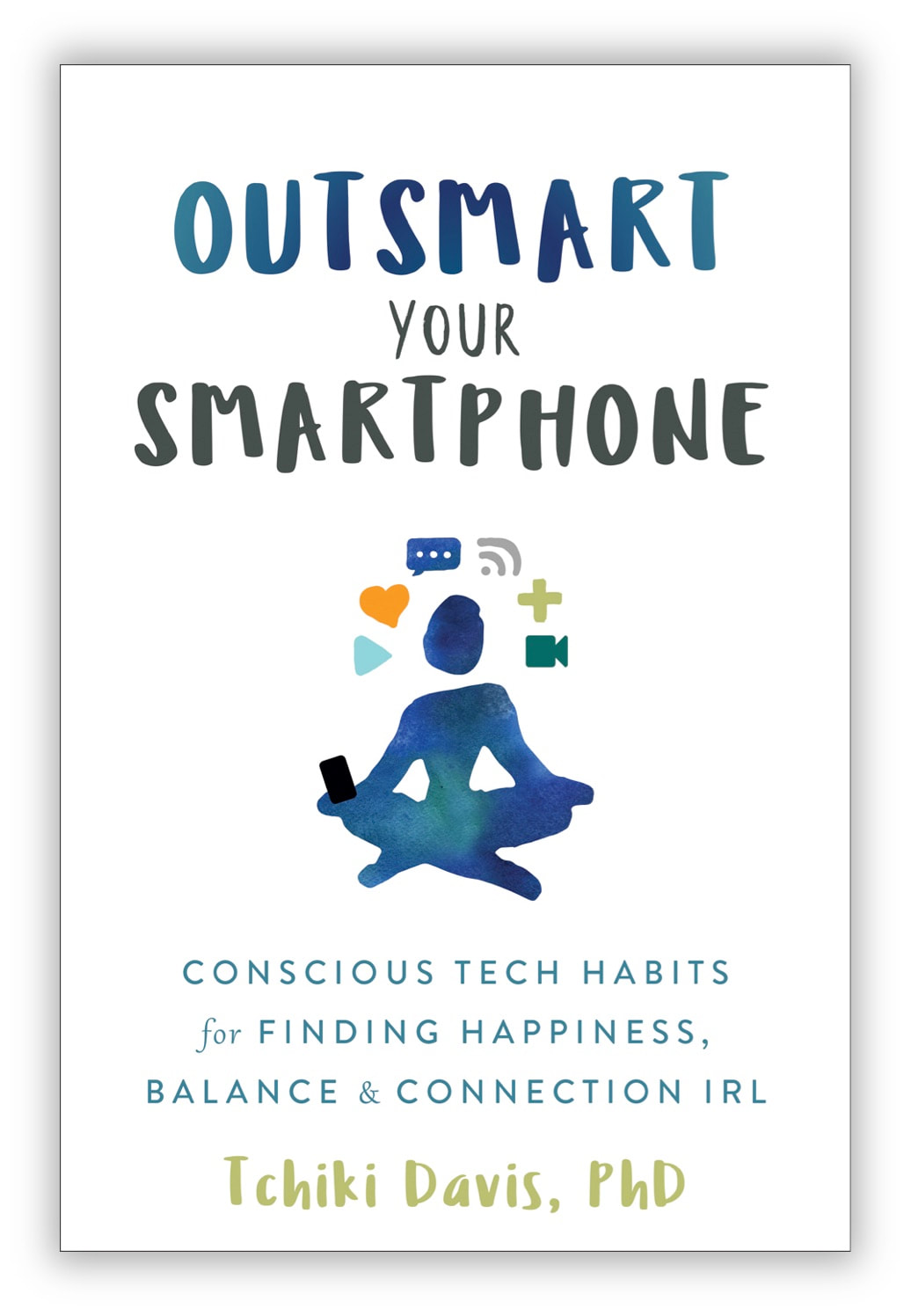Negativity: Definition, Bias, & Tips to Stop ItWhat is negativity? Where does negativity come from? And how do you turn your negative thoughts and emotions into more positive thoughts and emotions? Find out here.
*This page may include affiliate links; that means I earn from qualifying purchases of products.
What Is Negativity? (Negativity Definition)Negativity is defined as the tendency to be down, skeptical, and pessimistic. If we are being negative, we generally find the worst in any situation, often even seeing negative things where they may not exist. That's why negativity tends to be bad for our mental health and well-being.
Negative people might:
Before reading on, if you're a therapist, coach, or wellness entrepreneur, be sure to grab our free Wellness Business Growth eBook to get expert tips and free resources that will help you grow your business exponentially. Are You a Therapist, Coach, or Wellness Entrepreneur?
Grab Our Free eBook to Learn How to
|
|
We have to be careful about how we spend our time on our phones because some ways can increase negativity while other ways decrease it. I spent a year researching how we can have healthier relationships with our phones—for example by connecting, and practicing gratitude, and setting boundaries on our phones. Learn how to outsmart your smartphone to decrease your negativity too.
|
17. Be Negative Too, When It Makes Sense for You
In my field, we talk a lot about how to feel more positive emotions and less negative emotions. But negative thoughts sometimes have benefits too. We can't just push them all away without some careful thinking. For example, sadness helps us tell others that we need their emotional support. Anger can help motivate us to take action to correct injustice in the world. And feeling anxiety can protect us from making mistakes that hurt us in the long term. We just have to be careful that we don't have these emotions out of bad habits. Instead, we need to choose the emotions that help us achieve whatever we desire.
Negativity Quotes
Here are a few quotes related to negativity:
- "Life is too short to spend in negativity. So I have made a conscious effort to not be where I don't want to be." — Hugh Dillon
- "It's difficult to look on the bright side when you're surrounded by negativity." — Amy Morin
- "The best way of removing negativity is to laugh and be joyous." — David Icke
- "Negativity is an addiction to the bleak shadow that lingers around every human form--you can transfigure negativity by turning it toward the light of your soul." — John O'Donohue
- "Negative people need drama like oxygen. Stay positive, it will take their breath away." — Unknown
- "Keep your face to the sunshine and you cannot see a shadow." — Helen Keller
- "Some people are in such utter darkness that they will burn you just to see a light. Try not to take it personally." — Kamand Kojouri
Articles Related to Negativity
Want to keep learning? Check out these articles related to negativity.
Books Related to Negativity
Dive deeper into negativity with the following books:
- How to Stop Negative Thinking: The 7-Step Plan to Eliminate Negativity, Overcome Rumination, Cease Overthinking Spiral, and Change Your Toxic Thoughts to Healthy Self-Talk
- Eliminate Negative Thinking: How to Overcome Negativity, Control Your Thoughts, And Stop Overthinking. Shift Your Focus into Positive Thinking, Self-Acceptance, And Radical Self Love
- Reframing Negative Thinking: Transform Your Perspective, Calm Your Mind, Find Peace.
Final Thoughts on Negativity
Negativity tends to be bad for our mental health and well-being. Luckily, there are things we can do to develop positivity and enjoy our lives more.
Don't Forget to Grab Our Free eBook to Learn How to
Grow Your Wellness Business Exponentially!
Are You a Therapist, Coach, or Wellness Entrepreneur?
Grab Our Free eBook to Learn How to Grow Your Wellness Business Fast!






